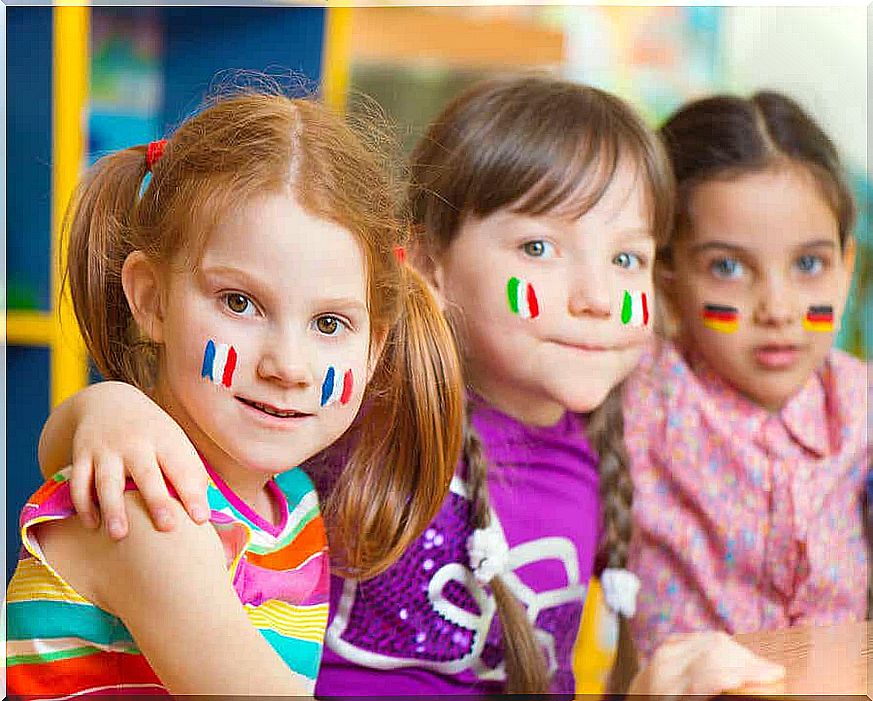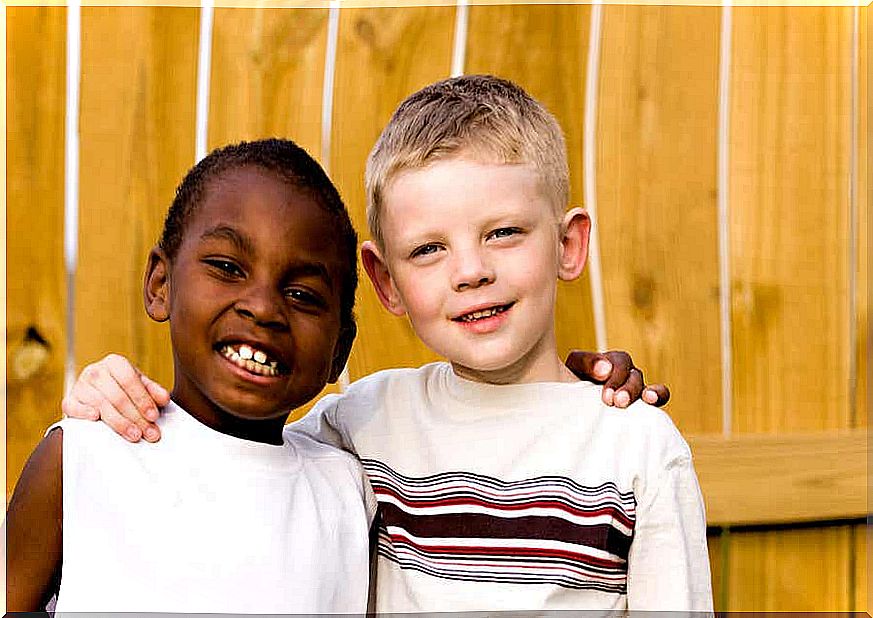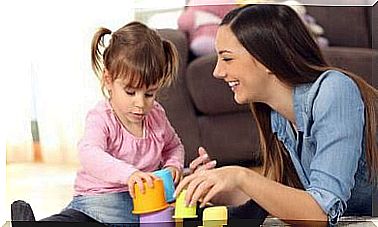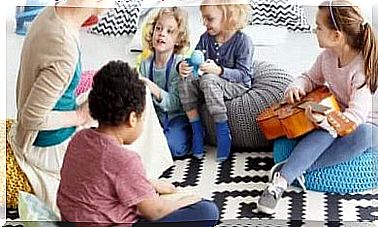Tips For Raising Bilingual Children

Sometimes it can be complicated to raise bilingual children, mainly because it often takes time to adapt to two languages and is something that can slow down the child’s speech process. But this is just a small negative point that quickly leads to great long-term benefits for the child, both socially and professionally. This is because they will be able to communicate in two languages in the future. The strategies in this article will help you with this language education.
Some tips for raising bilingual children
The process of raising bilingual children tends to be a little more complex. This usually means that you work with one language at home while at school you focus on learning the other language. There are many strategies you can use, but the following are the most important:
- Use of tools. Nowadays, technology has become a very useful tool and there are, among other things, many different applications that you can use. It is a great advantage if the parents sit down with their children to use the tools together.
- Use bilingual books. Reading is fundamental in this process to improve grammar. You can also read stories in the language they are learning, and explain the words.
- Multimedia.
- Movies, series, documentaries and other programs can help children learn the language faster. There are many educational programs that teach words, phrases and even grammar, and this can speed up their learning.
- When your children are watching a movie, make sure it is in the language you want them to learn. In this way, they create associations while listening, with what they see on the screen.
- Remember to not only let the child watch cartoons – but also educational programs in the language they are going to learn. It is also a good idea to show them documentaries about the country where the target language is spoken. This also helps the child to learn more about the country and the language.
- Socialization. It is good if the child can hang out with friends who speak the target language fluently. When the child interacts with their friends in the new language, they learn it on another level.

The benefits of raising bilingual children
It is important to remember that each child is unique and develops their language over time, and that it is normal for them to take a little longer when learning two languages at once. It is very likely that the child mixes the words in both languages to put together a sentence. Therefore, parents should be clear when formulating themselves in the different languages. Among the many benefits of raising bilingual children, we find the following:
Health benefits
Believe it or not, there can actually be health benefits to being bilingual. The capacity that the brain begins to acquire when it switches on and off between languages, creates a system that is prepared for change and error and that stores information in a completely different way than a monolingual brain. This makes it easier for the child to learn other languages.
Economic benefits
When a child studies and develops in two languages, they have many more job opportunities and can also expand their job opportunities in other countries. Languages such as English, Spanish and Chinese, for example, are widespread today. Keep in mind that the earlier the child begins to learn, the easier it will be to do so over time.
Educational benefits
As we mentioned, a bilingual child will have a greater ability to learn different languages more easily, which means that if they want to start learning another language, they will have an advantage. Another important point is that the child will be able to study in a school or at a university in the secondary language without any problems.

Social and cultural benefits
Today, people in different countries find it much easier to communicate with each other, mainly thanks to technology. Social relations and cultural exchange have made it a necessity to be able to speak several languages. Being bilingual increases our social skills and reduces our shyness.
Learning two languages increases the child’s ability to concentrate. In addition, it improves both short- and long-term memory.
There are also many more benefits to raising bilingual children, so it is highly recommended. Although you as a parent may feel a little insecure that your child takes a little longer to start talking compared to other children who only speak one language, this will be of great benefit and benefit to the children’s future. The benefits will become clearer and clearer over time, and it will be of great help to their development in society.









